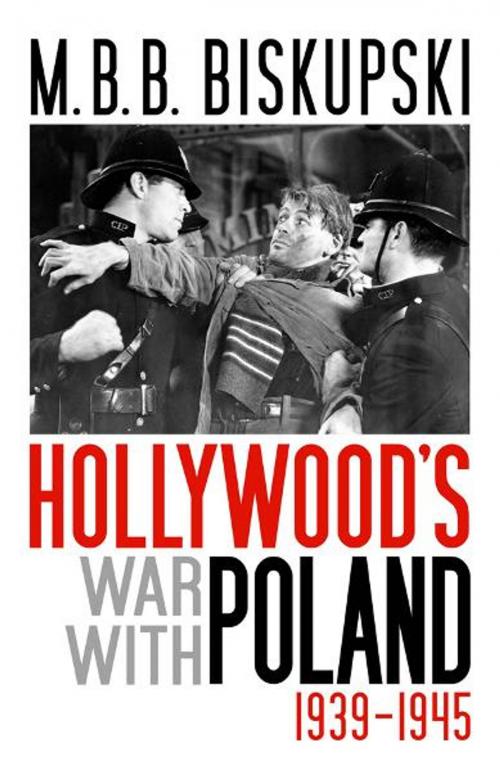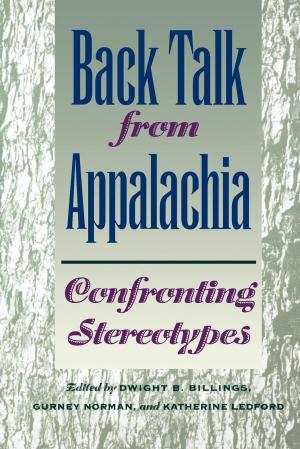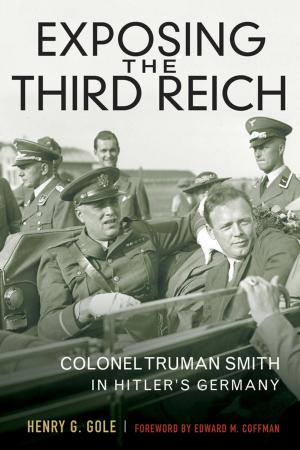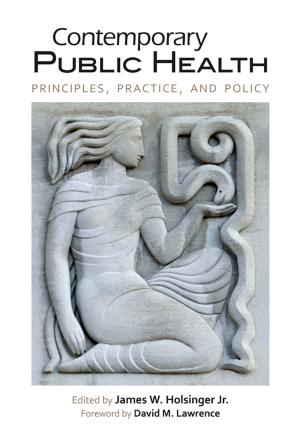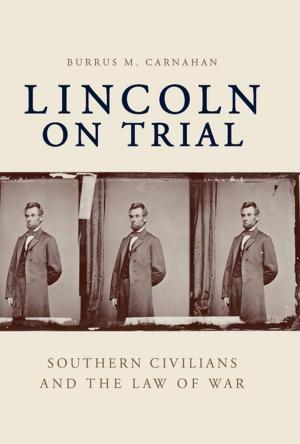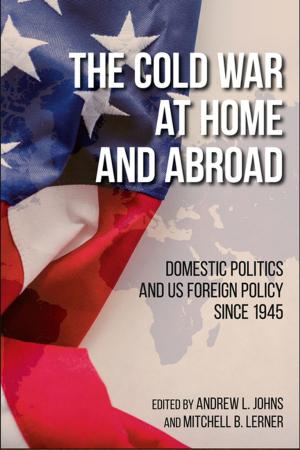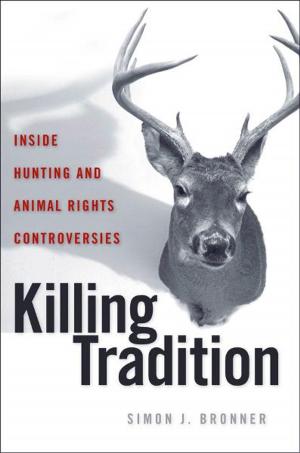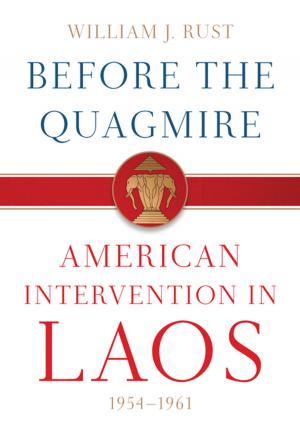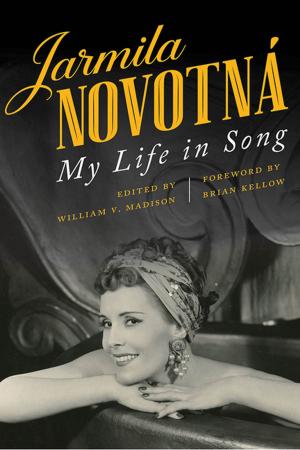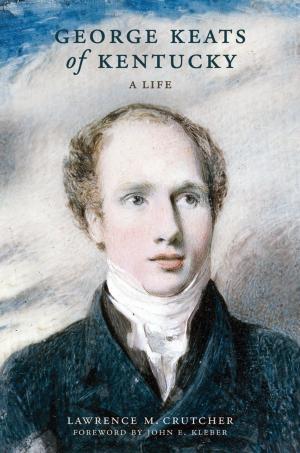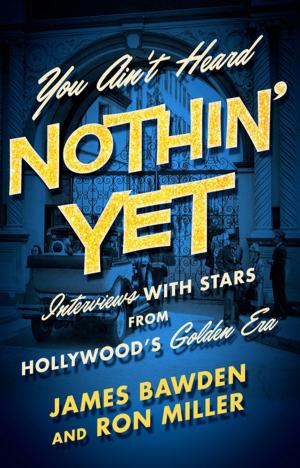Hollywood's War with Poland, 1939-1945
Nonfiction, History, Eastern Europe, Entertainment, Film, History & Criticism, Modern, 20th Century| Author: | M.B.B. Biskupski | ISBN: | 9780813139326 |
| Publisher: | The University Press of Kentucky | Publication: | August 1, 2011 |
| Imprint: | The University Press of Kentucky | Language: | English |
| Author: | M.B.B. Biskupski |
| ISBN: | 9780813139326 |
| Publisher: | The University Press of Kentucky |
| Publication: | August 1, 2011 |
| Imprint: | The University Press of Kentucky |
| Language: | English |
During World War II, Hollywood studios supported the war effort by making patriotic movies designed to raise the nation's morale. They often portrayed the combatants in very simple terms: Americans and their allies were heroes, and everyone else was a villain. Norway, France, Czechoslovakia, and England were all good because they had been invaded or victimized by Nazi Germany. Poland, however, was represented in a negative light in numerous movies. In Hollywood's War with Poland, 1939-1945, M. B. B. Biskupski draws on a close study of prewar and wartime films such as To Be or Not to Be (1942), In Our Time (1944), and None Shall Escape (1944). He researched memoirs, letters, diaries, and memoranda written by screenwriters, directors, studio heads, and actors to explore the negative portrayal of Poland during World War II. Biskupski also examines the political climate that influenced Hollywood films.
During World War II, Hollywood studios supported the war effort by making patriotic movies designed to raise the nation's morale. They often portrayed the combatants in very simple terms: Americans and their allies were heroes, and everyone else was a villain. Norway, France, Czechoslovakia, and England were all good because they had been invaded or victimized by Nazi Germany. Poland, however, was represented in a negative light in numerous movies. In Hollywood's War with Poland, 1939-1945, M. B. B. Biskupski draws on a close study of prewar and wartime films such as To Be or Not to Be (1942), In Our Time (1944), and None Shall Escape (1944). He researched memoirs, letters, diaries, and memoranda written by screenwriters, directors, studio heads, and actors to explore the negative portrayal of Poland during World War II. Biskupski also examines the political climate that influenced Hollywood films.
